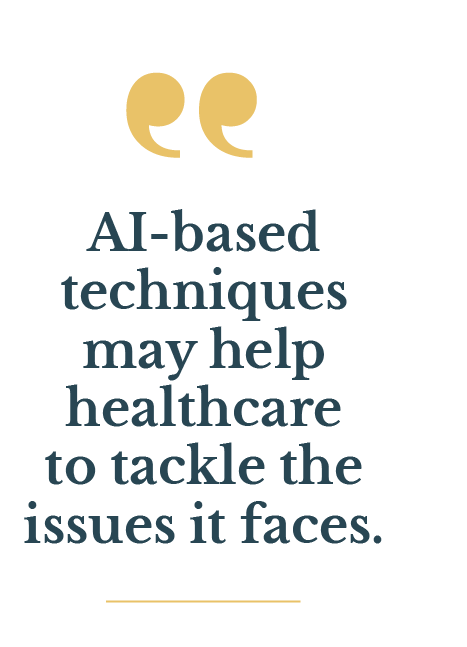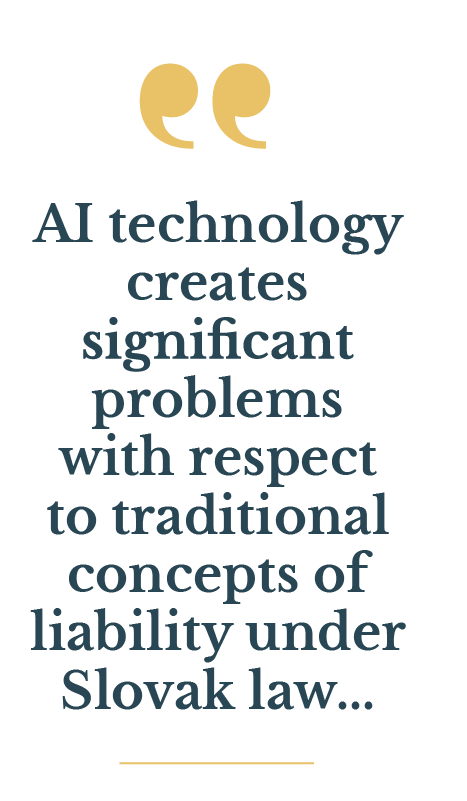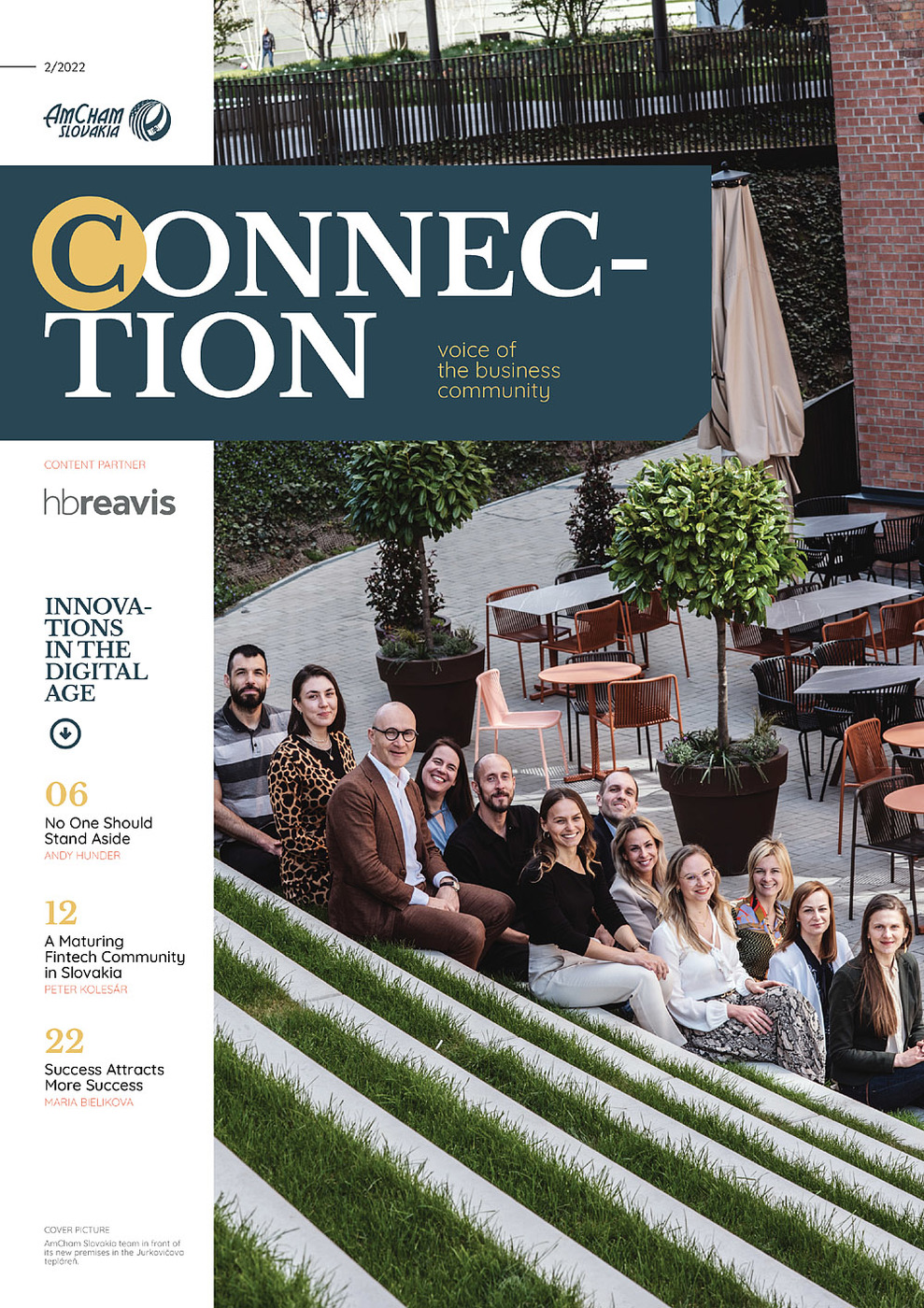The COVID-19 crisis has exposed some of the most imminent challenges affecting healthcare and highlighted the benefits that AI technologies may bring to life sciences industry. For instance, the AI technology used in chest computed tomography scans has revolutionized radiology and provided a highly accurate tool in the diagnosis of COVID-19. The process would otherwise require a careful study by an experienced doctor, while the CT scanner needs only a few seconds.
The healthcare industry is experiencing unprecedented difficulties due to the ever-increasing total spending on healthcare and the shortage of healthcare professionals. AI-based techniques may help healthcare to tackle the issues it faces. The use of AI impacts numerous areas in healthcare such as medical diagnostics, drug development and treatment personalization. In a recent life sciences survey carried out by Accenture, 69% of life-sciences businesses worldwide are piloting or have already adopted AI in their solutions and 22% of the remainder are evaluating or planning to pilot AI solutions.
 Urgent need for legal and regulatory update
Urgent need for legal and regulatory update
The AI-based solutions may rapidly improve the healthcare system by automatizing routine tasks, providing fast and accurate diagnosis, reducing costs, collecting large amounts of data, assisting clinicians in their decision-making, etc. Yet, without proper oversight and regulations, AI could prove more of a liability than an asset. There is a danger that new AI technology could fall into a regulatory grey area and leave developers, doctors and even patients empty handed.
AI at the EU level
AI as such is not yet subject to a binding legislation act at the EU level (except for the applicability of EU regulations on medical devices). However, numerous non-binding strategic documents from various EU institutions have already been adopted. For instance, the White Paper on AI introduced the key elements of a future regulatory framework for AI in Europe. In April 2021, the European Commission presented the first-ever AI Act with the aim of filling the regulatory void. However, new EU requirements in AI might not come into force until 2024.
Challenges of AI in the Slovak legal framework
AI faces major regulatory and legal challenges that are being addressed not only by the EU but by all countries worldwide, including Slovakia. Just to start with, from a legal point of view AI systems lack the subjectivity that would confer them with rights and obligations in the conventional sense. This lack of legal personality means AI cannot answer for the legal consequences of its actions. AI technology creates significant problems with respect to traditional concepts of liability under Slovak law and it is necessary to explore the possibilities of solving complex liability scenarios if an AI algorithm were to harm a patient. AI may also create new risks that are not currently addressed or fully harmonized within the current portfolio of software regulation. Companies developing AI technology in the life sciences sector also face the challenging choice between trade secret protection and possible patent protection. Also, before an AI system can be placed on the market as a medical device, it should be clinically evaluated, which would mean assessing the usefulness and risks of AI in a clinical setting.
 Moreover, AI algorithms need to comply with the GDPR requirements on personal data such as the health information of patients. Accordingly, such data would need to be anonymized through an informed consent process. Therefore, the Slovak rules for patient privacy, patient confidentiality, and cybersecurity will be increasingly important when using AI. The legal framework will also need to address the issue of informed consent. The patient should be aware of the risk associated with AI intervention, informed about the AI processes and be offered the option to reject AI technology. The legal framework will also need to address this issue.
Moreover, AI algorithms need to comply with the GDPR requirements on personal data such as the health information of patients. Accordingly, such data would need to be anonymized through an informed consent process. Therefore, the Slovak rules for patient privacy, patient confidentiality, and cybersecurity will be increasingly important when using AI. The legal framework will also need to address the issue of informed consent. The patient should be aware of the risk associated with AI intervention, informed about the AI processes and be offered the option to reject AI technology. The legal framework will also need to address this issue.
Conclusion
Only with a modern legal and regulatory framework can powerful AI be employed for the benefit of both healthcare providers and patients. Indeed, improperly or loosely regulated AI may be dangerous. Healthcare providers cannot risk AI technology harming patients or revealing personal information about them. Start-ups, tech and life sciences companies need flexible regulations to successfully introduce AI technology into healthcare services market. We need discussions of national and international policymakers, physicians, digital health and machine learning leaders from industry and academia in order to find a balance that provides security and privacy protection and ensures the ethical use of sensitive information. Only if this is done properly and in a timely fashion will the potential of AI in healthcare be realized.
Martina Gavalec, Senior Associate/ Attorney-at-Law, CMS RRH Slovakia



Follow us